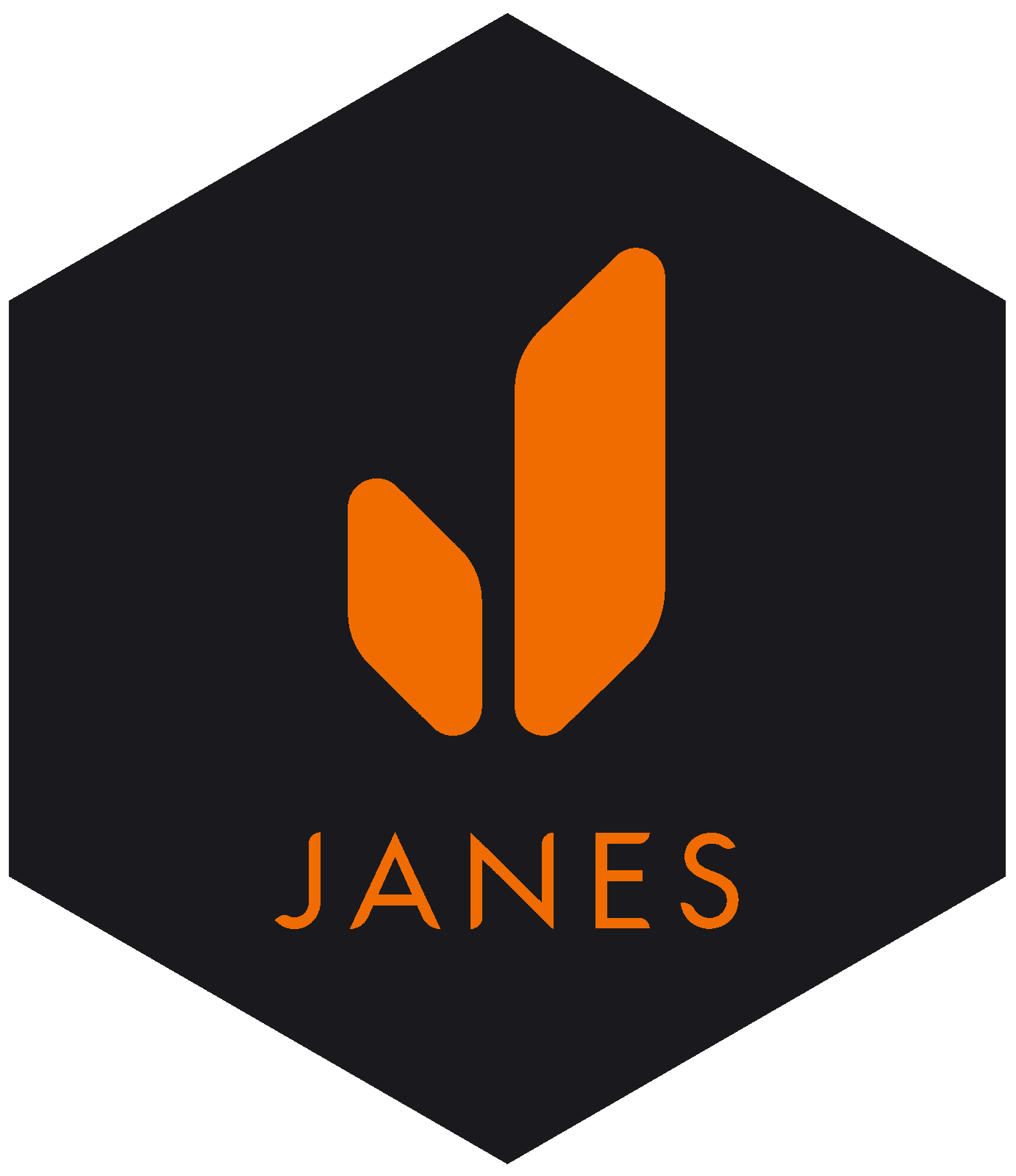janes is an R wrapper for the Janes API that allows Janes users to easily pull data from the API into tibbles. These tibbles are then ready for data analysis and visualization, export into CSV or XLSX, or integration into users' systems. Documentation for the API can be found at the Janes Developer site.
You can install janes from GitHub:
devtools::install_github("cgpeltier/janes")
The package currently supports the following Janes API endpoints:
- Airports:
endpoint = "airports" - Bases:
endpoint = "bases" - Companies:
endpoint = "companies" - Country Risk:
endpoint = "countryrisk" - Defence Programs:
endpoint = "defenceprogrammes" - Early Warning Sites:
endpoint = "ewsites" - Equipment:
endpoint = "equipment" - Equipment Relationships:
endpoint = "equipmentrelationships" - Events:
endpoint = "events" - Inventories:
endpoint = "inventories" - Markets Forecast:
endpoint = "marketforecasts" - News:
endpoint = "news" - Nuclear Sites:
endpoint = "nuclearsites" - ORBATs:
endpoint = "orbats" - Reference:
endpoint = "references" - SAM Sites:
endpoint = "samsites" - Satellite Images:
endpoint = "satelliteImages"
To get started, and to use any of the above functions, first use the save_janes_key function to save your Janes API key to your R environment:
save_janes_key("JANES_API_KEY_GOES_HERE")
As of 19 February 2021, all API endpoint-specific functions have been replaced with a single function: get_janes. Users specify an endpoint and, optionally, a country:
## Pull all Russian ORBATs data
ru_orbat <- get_janes(country = "RU", endpoint = "orbats")
## Pull all Russian SAM sites data
ru_sam <- get_janes(country = "RU", endpoint = "samsites")
## Pull all Belgian, Chinese, and Canadian inventories
inventories <- get_janes(country = c("BE", "CN", "CA"), endpoint = "inventories")
inventories %>% head()
# id recordState title description updatedDate acquiredOrInSer~ yearOfInitialDe~ inService
# <chr> <chr> <chr> <chr> <chr> <chr> <chr> <chr>
#1 Inve~ updated ZTQ-~ ZTQ-15-Peo~ 2020-11-06~ In Service 2018 28
#2 Inve~ updated ZTL-~ ZTL-11-Peo~ 2020-12-13~ In Service NA Unknown
#3 Inve~ updated ZTD-~ ZTD-05-Peo~ 2020-08-18~ In Service 2005 152
#4 Inve~ updated ZSL-~ ZSL-92B-Pe~ 2020-12-13~ In Service 1986 500
#5 Inve~ updated ZSL-~ ZSL-92-Peo~ 2020-11-29~ In Service 1986 900
#6 Inve~ updated ZBL-~ ZBL-09-Peo~ 2020-11-28~ In Service 2013 1970
# ... with 42 more variables:
As in the inventories example above, multiple countries can be queried by passing the country ISO codes in a vector.
There are also functions available for saving data from the above endpoints into XML and JSON files: get_janes_json and get_janes_xml.
Parallel processing
Users can now use parallel processing to significantly speed up API pulls (by ~75%, depending on users' computers and internet connection speeds) by using the optional argument parallel = TRUE.
## Pull all bases data using parallel processing
n_cores <- availableCores() - 1
plan(multiprocess, workers = n_cores)
all_bases <- get_janes(endpoint = "bases", parallel = TRUE)
XMLs from the Reference/News endpoints
All Janes endpoints except the Reference and News endpoints natively return JSON data. Reference and News instead return XML versions of Janes online documents. As a result, using the argument endpoint = "references" or endpoint = "news" instead saves XMLs to your working directory. It is still possible to use parallel processing when saving XMLs.

